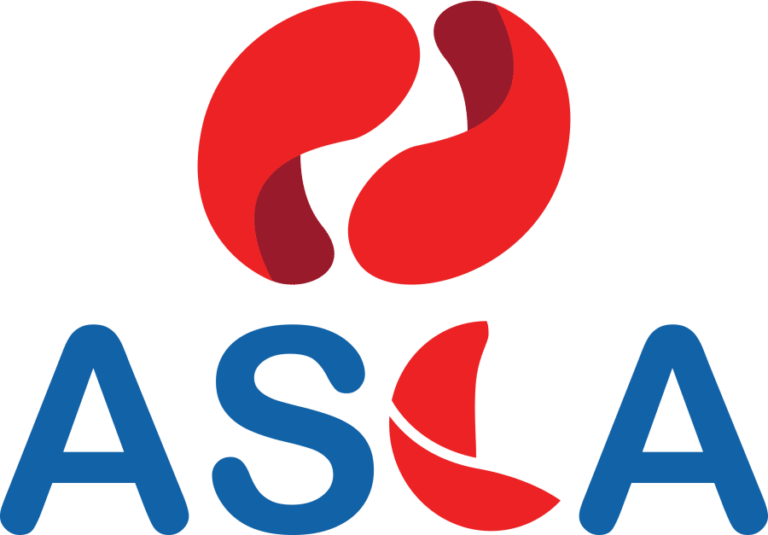17th January 2020,
We held our first annual general meeting. The purpose of this meeting was to debrief our past year and look at the activities we have planned for this year. This was also an opportunity for us to meet our general members and interact with invited guests. The event was another success for which we had tremendous support.
- Our event was only possible with the attendance of different supporters and stakeholders who included:
- Ms. Louise McLaren, Associate Director Marketing, Sales and Business Development, Asia Pacific at ApoPharma Inc
- Mr. Neil Waters – Senior Projects Manager Public Health and Preventive Medicine
- Ms. Dina Pratt, Head of HR Mesoblast,
- Dr. Charles Galea, Scientist, Data Scientist, Ford Motor Company,
- Mr. Fred Alale, Chairman African Music and Cultural Festival,
- Ms. Winitha Bonney, Motivational Speaker
- Mr. Nicholas McLaren, Relationship Consultant at Victorian Chamber of Commerce and Industry,
- Mr. Harry Battal, Group Manager at Mesoblast,
- Mr. Eric Cua, Accountant at Hamilton Reid Chartered Accountants, our Board Members; and
- the rest of the ASCA team, our general members and all other invited guests, friends and family.
We would like to thank our keynote speaker Dr. Rachel Cooke who had to stand in for Dr. David Hughes due to a hospital emergency.
We looked back at our first year of operation and the success we have achieved in such a short period. In 2019, we saw our initiative recognised as a not-for-profit organisation after having had a social media presence for over six years.
The initiative was formed to support people and their families as they navigate the Australian healthcare system. The founders of this organisation found a void in the lack of awareness of Sickle Cell Disease in Australia, having experienced firsthand the challenges of being affected by this disease.
Our objectives stand to continue raising awareness to the general public who may be at risk of carrying the sickle cell gene trait and to the healthcare professionals who may still find it difficult to understand this disease.
Still considered a rare disease in Australia, sickle cell disease is affecting an increasing number of people and to date we have about 750 people affected by this disease in Australia. This is just an approximate estimated figure, because, Australia, unfortunately, does not yet have a conclusive surveillance database.
During the past year, one of our main advocacy activities was an engagement with The Public Health and Preventive Medicine at Monash University who have been trying to capture data through the Haemoglobinopathy registry.
Australia unlike other countries like the UK, Scotland, Canada and other European countries is lagging in this area. Our hope is for this initiative to have funding so that it can meet its objectives of data collection and analysis which will, in turn, improve the services and lives of people affected by different hemoglobinopathies including sickle cell disease.
One other key engagement was with different clinicians from around the country, to advocate for the formation of the sickle cell disease treatment guidelines. We are very happy to report that on 13th November 2019, the process of forming these guidelines started and we were invited to present at this meeting. Standardized treatment guidelines for this disease will ensure that people living with sickle cell disease will receive consistent and appropriate treatment, care and diagnosis information. This was a win for ASCA as we are confident that when these guidelines are in place in all Australian hospitals, people living with sickle cell disease will benefit greatly.
Another important highlight was the collaboration with the Australian Primary Health Care Nurses (APNA), with whom we have partnered to formulate an e-learning sickle cell disease course for primary health nurses. This course will introduce sickle cell disease education, enhancing our awareness efforts aimed at Australian clinicians.
As we look forward to the new year, we ask for community support to ensure that our objectives are met. Providing support to people who are affected by this disease and increasing awareness to people at risk of carrying the sickle cell gene trait.
Our goals are for:
- people to be proactive and have a simple blood test to find out if they have the sickle cell trait or sickle cell disease,
- people to start talking about this disease more than ever before to break the barriers of the stigma attached to having this disease,
- clinicians to fully understand what these communities of patients go through and render the most appropriate treatment and referral services,
- a positive outcome in our engagements with both the state department of health and the federal department of health in providing better services for people affected by this disease,
- all communities in this country, no matter their background or language to have access to information about sickle cell disease which will help them make informed decisions,
- other stakeholders understand the challenges faced by people affected with SCD and assist to alleviate these challenges.
- all emerging clinicians to understand the impact this disease has on affected people
These and more causes are issues that #Team ASCA will continue to pursue. We encourage everyone to partner with us and fight this cause with us.
